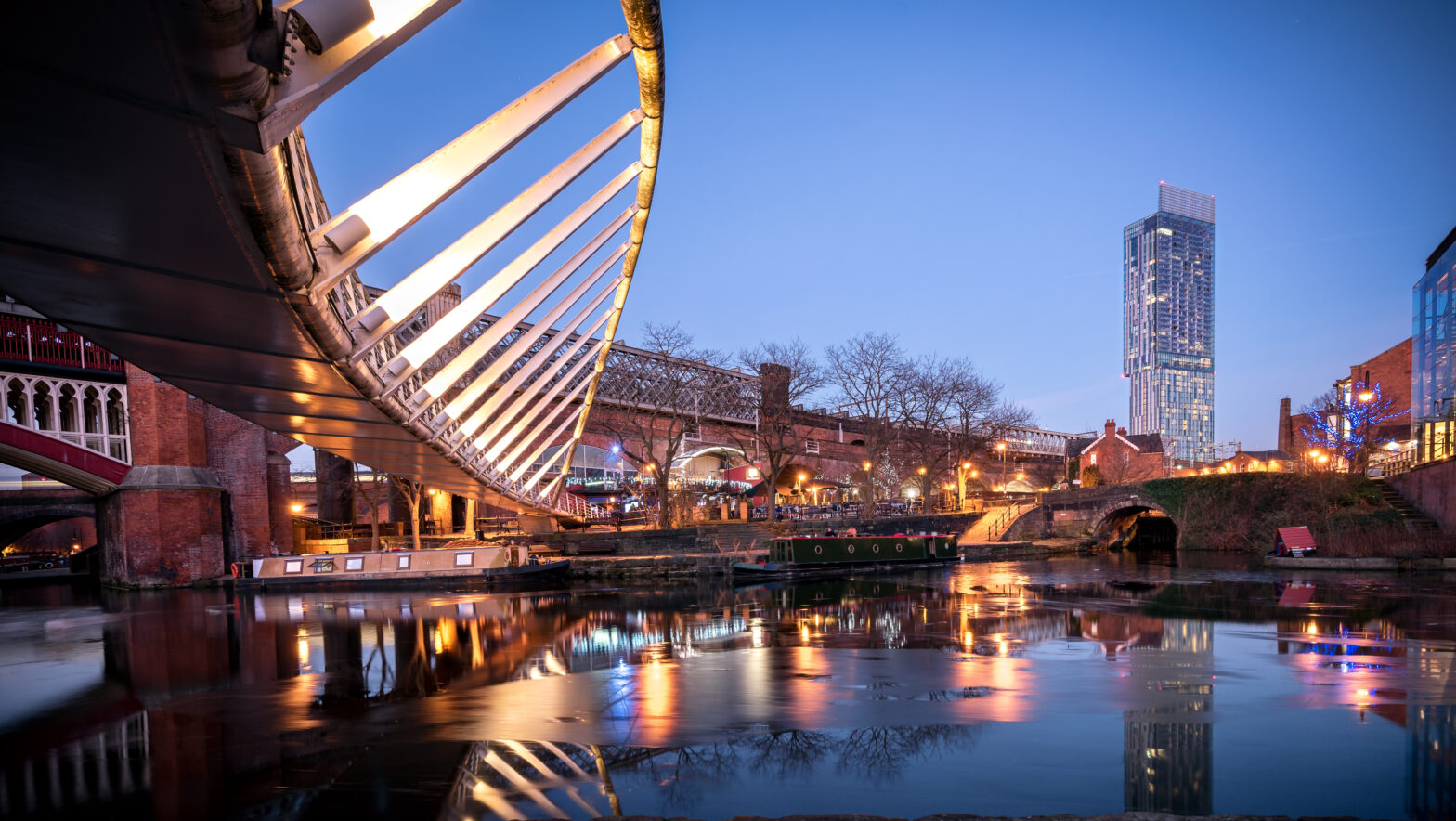Manchester is often celebrated for its industrial heritage, thriving universities, and cultural vibrancy, but in recent years, the city has also positioned itself at the forefront of the UK’s smart city revolution. With projects focused on sustainability, digital connectivity, and data-driven urban planning, Manchester is shaping a housing landscape that blends innovation with livability. These initiatives are not only improving the quality of life for residents but also influencing property demand, pricing, and the way new homes are designed.
For those looking to buy, rent, or invest, working with trusted estate agents in Manchester is crucial to understanding how these smart city projects are reshaping neighborhoods. From eco-friendly developments to homes embedded with cutting-edge technology, estate agents can provide valuable insights into where opportunities are emerging and how to secure properties that will hold long-term value in a rapidly evolving urban environment.
Smart Energy and Sustainable Living
One of the most important pillars of Manchester’s smart city strategy is sustainability. The city has pledged to become carbon neutral by 2038, a goal that requires innovative approaches to housing. This includes the introduction of energy-efficient building designs, retrofitting older homes with sustainable technologies, and integrating renewable energy sources such as solar and district heating systems.
These efforts are already creating pockets of demand among buyers and renters who prioritize eco-conscious living. Developers are responding by constructing properties that feature smart meters, low-carbon heating, and enhanced insulation. Such features not only reduce carbon footprints but also help residents save on energy bills—a significant advantage as utility costs continue to rise.
Digital Connectivity and Smart Homes
Another key focus is digital connectivity. Manchester has been investing in 5G networks, high-speed broadband, and Internet of Things (IoT) infrastructure, which directly impacts housing demand. Modern buyers expect homes to be “smart-ready,” with the ability to connect multiple devices, manage security systems remotely, and automate lighting or heating.
Areas with superior digital infrastructure are quickly becoming hotspots for professionals, especially those working remotely. Apartments and homes equipped with smart features such as app-controlled heating, energy monitoring, or integrated voice assistants are commanding higher prices in both sales and rental markets. For investors, these homes provide a competitive edge by attracting tenants who value convenience and technology-driven lifestyles.
Regeneration Through Innovation
Smart city projects also tie closely to urban regeneration. Districts like Ancoats, East Manchester, and Oxford Road Corridor are benefiting from investment in smart infrastructure, making them attractive places to live and work. The introduction of smart lighting, green public spaces, and intelligent transport systems enhances both the safety and appeal of these neighborhoods.
Regeneration of this kind has a direct impact on housing demand. As once-overlooked areas become hubs of innovation and culture, property values rise. Investors who recognize the potential of these districts early can often secure properties at competitive prices before wider demand pushes values higher.
Smarter Transport, Better Connectivity
Transport plays a central role in Manchester’s smart city vision. The expansion of the Metrolink tram system, improvements in bus networks, and the introduction of smart ticketing systems are all designed to create a more seamless and sustainable commuting experience. Future projects also include the potential impact of HS2, which would link Manchester more closely to London and Birmingham.
These transport upgrades directly influence housing preferences. Areas that benefit from new or improved transport connections tend to experience surges in demand, as residents seek affordable housing with easy access to the city centre. Estate agents and developers often point to improved connectivity as a catalyst for local growth in property values.
The Global Appeal of a Smart Manchester
Manchester’s smart city projects don’t just appeal to locals—they also attract international investors and corporations. As more global companies set up headquarters in the city, the demand for modern, tech-enabled housing continues to grow. This global recognition further solidifies Manchester as a forward-thinking hub where property remains a strong long-term investment.
The Role of Local Expertise
While smart city projects create opportunities, navigating this evolving landscape requires local expertise. Estate agents understand which areas are benefiting most from regeneration, which developments are leading in sustainability, and how digital infrastructure is affecting demand. For buyers, this knowledge helps in identifying future-proof homes. For investors, it provides clarity on where yields and capital growth are strongest.
Final Thoughts
Manchester’s transformation into a smart city is not just about technology—it’s about creating a more livable, sustainable, and forward-looking urban environment. From energy-efficient housing to digitally connected communities, these projects are shaping the way people buy, rent, and invest in property. For anyone looking to make informed decisions in this dynamic market, the guidance of experienced estate agents in Manchester can provide a clear path through an increasingly complex and exciting housing landscape.

